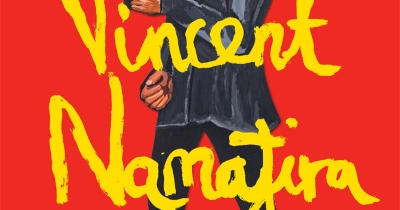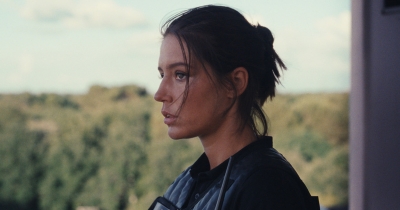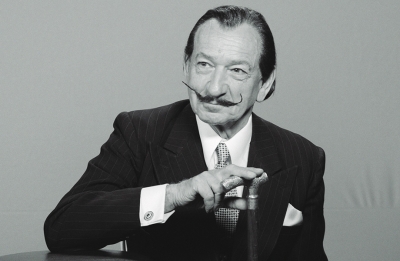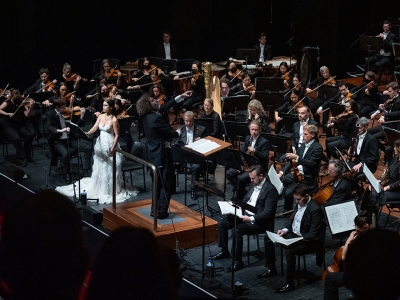Arts
The Alliance Française French Film Festival, the world’s largest showcase of French cinema outside of France, returns in 2024 for its thirty-fifth edition, with its usual eclectic mix of films from arthouse to mainstream cinema. Francophiles and cinephiles alike can see films from a range of genres, including drama, romantic comedy, social comedy, thriller, and historical biopic – from renowned directors like Marcel Carné and Olivier Nakache and Éric Toledano, to newcomers like Marie Amachoukeli. This year’s festival features the usual big names in French cinema – Catherine Deneuve, Isabelle Huppert, Daniel Auteuil, Laure Calamy, and Mathieu Almaric – alongside some excellent début performances. Here are some of the highlights.
... (read more)Cameron Lukey is an Australian producer whose credits include acclaimed productions of 33 Variations at Melbourne’s Comedy Theatre in 2019 (starring Ellen Burstyn) and Angels in America at fortyfivedownstairs in 2017. He began his career as an opera singer and joined the team at fortyfivedownstairs in 2016. He was appointed Artistic Director of the theatre in 2023.
... (read more)Shakespeare: The man who pays the rent by Judi Dench with Brendan O’Hea
To celebrate the year’s memorable plays, films, television, music, operas, dance, and exhibitions, we invited a number of arts professionals and critics to nominate their favourites.
... (read more)In January 1957, Salvador Dalí appeared on American television in What’s My Line, a game show featuring a segment in which blindfolded panellists tried to work out the identity of a mystery guest by asking only yes-no questions. Dalí did not make it easy for the panel or the host: he answered ‘yes’ every time, not only to ‘Are you a performer?’ and ‘Would you be considered a leading man?’ but also to ‘Do you have anything to do with sports?’ In his mind, he was famous for absolutely anything and everything.
... (read more)Policy announcements are a peculiar kind of theatre, and Labor’s launch of its new five-year arts plan, Revive, was a strong example of the genre. It was held at Melbourne’s iconic Espy in St Kilda, a venue where arts audiences were treated to words of encouragement from Minister Tony Burke on his speaking tour to spruik the submissions process in 2022, and where ‘DJ Albo’ once entertained a modest crowd.
... (read more)To celebrate the year’s memorable plays, films, television, music, operas, dance, and exhibitions, we invited a number of arts professionals and critics to nominate their favourites.
... (read more)We heard the news in the Giardino. Our party had agreed to meet at the American pavilion. James Rondeau of the Art Institute of Chicago, co-curator of the Robert Gober exhibit, was going to take us through the show. As the various members made their way through the 49th Venice Biennale to the rendezvous, we learned that the World Trade Centre towers had been hit and that the Pentagon was on fire. Behind us, the American pavilion was quietly closed. On the vaporetto back to the hotel, a Belgian businessman was on his cell phone to his secretary in Brussels. He turned and told us that both towers had collapsed.
... (read more)Benjamin Britten’s War Requiem was written for the consecration of the new Coventry Cathedral in 1962, after the old cathedral had been destroyed by German bombing raids in 1940. He dedicated the work to four friends, three of whom were killed while on active service during World War II, and the fourth of whom survived the war but later committed suicide. As an avowed pacificist who had been a conscientious objector during the war, Britten took the opportunity to compose a work combining the traditional Latin Requiem Mass with the anti-war poetry of Wilfred Owen: a fellow pacificist (and fellow gay man) who had served as a lieutenant in World War I and who was killed on the Western Front one week before the Armistice was declared in 1918.
... (read more)








